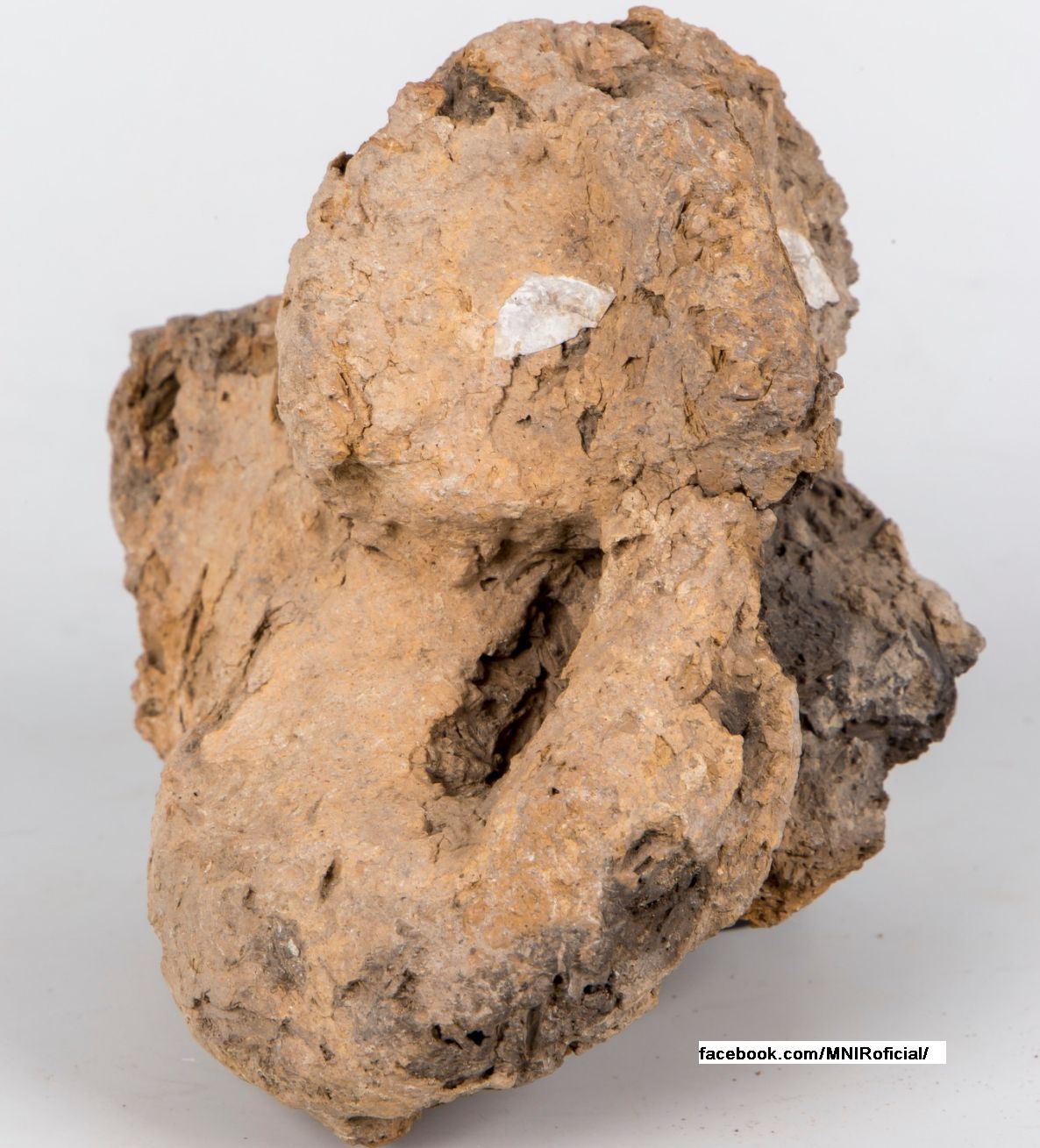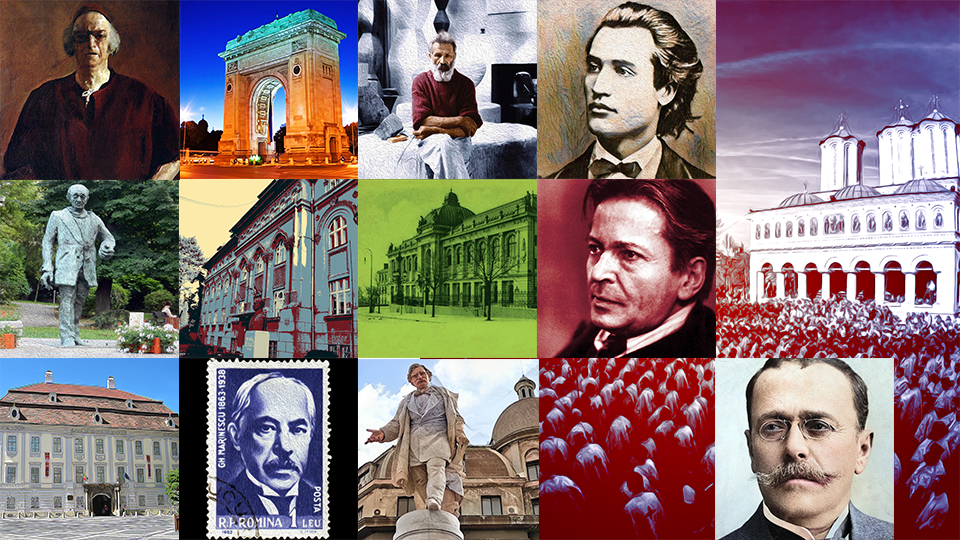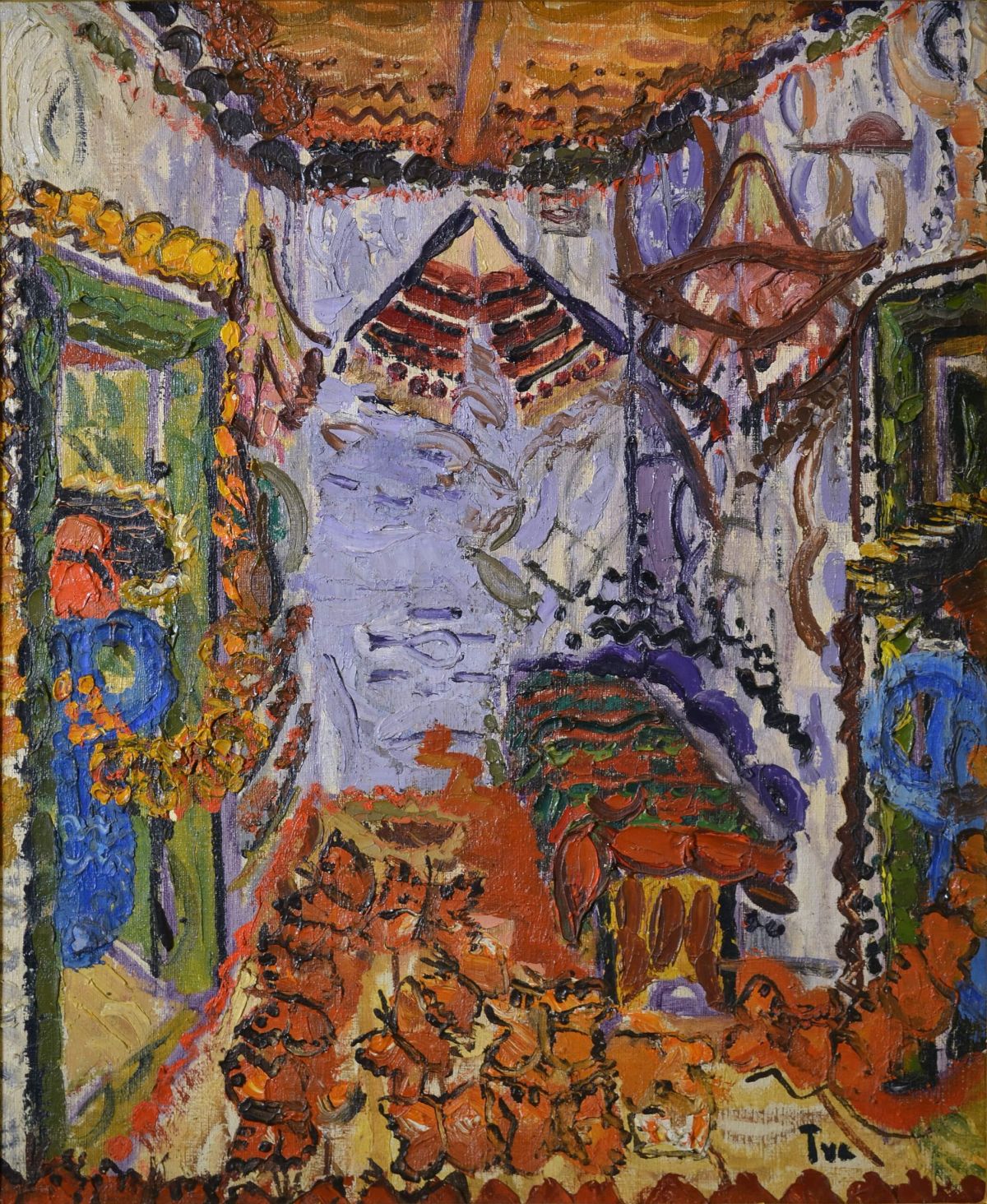Mazar Pasha, an Englishman in Bucharest
In the Crimean War, Bucharest had an Ottoman governor who was English

Steliu Lambru, 31.10.2020, 13:02
In the early, turbulent stages of the modernization of the Romanian Principalities, in the 19th century, history marks the presence of many a foreigner that came here for adventure or by chance. Attracted by the opportunities of an area in full reconstruction based on Western principles, but also by the hospitality of the people, many came here to stay, getting involved in the social and political development of the country. One of them was Mazar Pasha, who, in spite of his Ottoman name, was a red-blooded Englishman. He was born in 1823 in the south of England, and was descended from a Dutch family who came there during the reign of William of Orange, in the 17th century. Mazar Pasha’s actual name was Stephen Bartlett Lakeman. The prototypical English adventurer and eccentric, Lakeman joined the Foreign Legion, after graduating from Sorbonne, then he went to the island of St. Helena, where he took care of the house where Napoleon had been exiled, and then he became an officer in the South African contingent of the British army. As an officer, he had a contribution to modernizing the British army uniform, choosing the camouflage kaki color that remains to this day.
His adventures also took him as far as Ceylon, where he owned a tea plantation. For his services to the crown, Stephen Lakeman was knighted right before the start of the Crimean War, between 1853 and 1856, when he got involved in the Romanian Principalities, as historian Emanuel Badescu told us:
“He didn’t get to Wallachia by chance, but because he joined the Crimean War, when Great Britain and France fought against Russia alongside the Ottoman Empire. As such, he was raised by the Turks to the rank of pasha, and given the name Mazar, because he was appointed military attache to the Ottoman Porte in Constantinople by the British. For that reason, he was appointed Governor of Bucharest, but only during the war, so he was practically the city boss on behalf of the Ottoman Porte, and was a very important figure. After the war he married a widow, Maria Filipescu. She came from an old Wallachian family, the Bujorescu family, that had huge holdings in the areas of Arges, Valcea, and the former county of Vlasca, close to Giurgiu, on the shore of the Danube. Part of these holdings went to Lakeman, Mazar Pasha, by marriage.
From then on, Stephen Bartlett Lakeman spent most of the rest of his life in Wallachia, managing the many holdings that his wife had, but continuing to be involved in domestic politics, because he had befriended Romanian boyars involved in the modernization of the country. His involvement was not successful, however, and in fact was not entirely favorable to the interests of the Principalities. However, his house in Bucharest was the venue where the National Liberal Party was founded in 1875, during a meeting that was initially a plot to bring down Prince Carol, who then became Carol I, the first king of Romania. Even though the leaders of the new party gave up on the plot, which was possibly what Great Britain wanted, it was Lakeman’s merit in the end that he insisted for the various liberal factions to unite in a single party. Mazar Pasha kept trying to get involved in domestic politics two years later too, when he didn’t want the country involved in the Russo-Turkish war, when Romania gained independence from the Ottoman Empire. Of course, that led to a cooling of relations with the Liberal Party.
In spite of these political failures, Lakeman, as a major landowner, seems to have acted more favorably, as historian Emanuel Badescu believes:
“First he took residence in Bucharest on Enei Street, right across the street from where the School of Architecture stands now. However, he spent most of his time at the estate in Copaceni, or his other estates, at least ten of them, which he was still managing in his wife’s name. In Copaceni, close to Bucharest, but also in the other villages where he owned land, he imposed the British system of systematizing the streets at right angles. Even now, in the villages around Giurgiu, formerly owned by Mazar Pasha, they have this system of streets, which is unusual for the Romanian rural environment. Secondly, he contributed his own money for the restoration of all the churches. For some of them he even purchased bells from England. His behavior towards the villagers was impeccable, and he supported them in all the lawsuits they had against traders that tried to swindle them.
After the death of Maria Filipescu, Sir Stephen remarried, in 1881, wedding the much younger Maria Arion, continuing to live in both Bucharest and his estates in the countryside. He often visited England, though, as historian Emanuel Badescu told us:
“Sometimes he went to London when summoned by the British Foreign Service – which is why I believe that he was a secret agent in Romania – and in addition he was present at the jubilees of Queen Victoria, which he had the obligation to attend, as he had been knighted by her. At the Diamond Jubilee, he fell of the stands, and he was wounded in his leg. The wound gangrened, which led to his death. This is the main problem, though: where he died. Some of his friends claim he died in England shortly after this 1896 accident, but the Chrissoveloni family – a relative by marriage of Mazar Pasha – claims that he died in Bucharest, being buried in an Evangelical cemetery, in the place where we now have the Nicolae Iorga History Institute, in the north of the capital.
Irrespective of where he died, Mazar Pasha, or Stephen Bartlett Lakeman, officer, spy, landowner, and politician, took his place in Romania history for his role in the formation of the National Liberal Party. Some of his adventures are to be found in his memoir ‘What I Saw in Kaffir-Land’, published by William Blackwood and Sons in 1880.





























